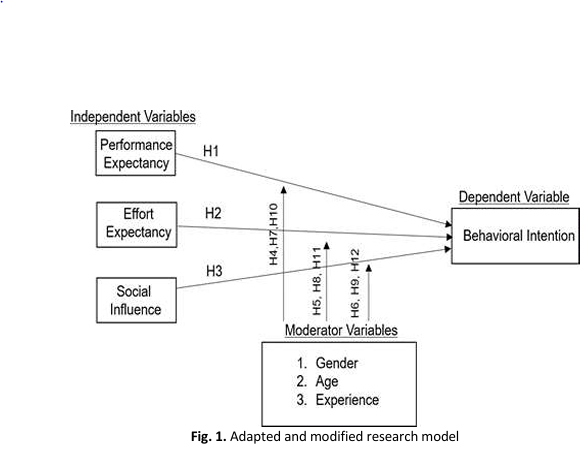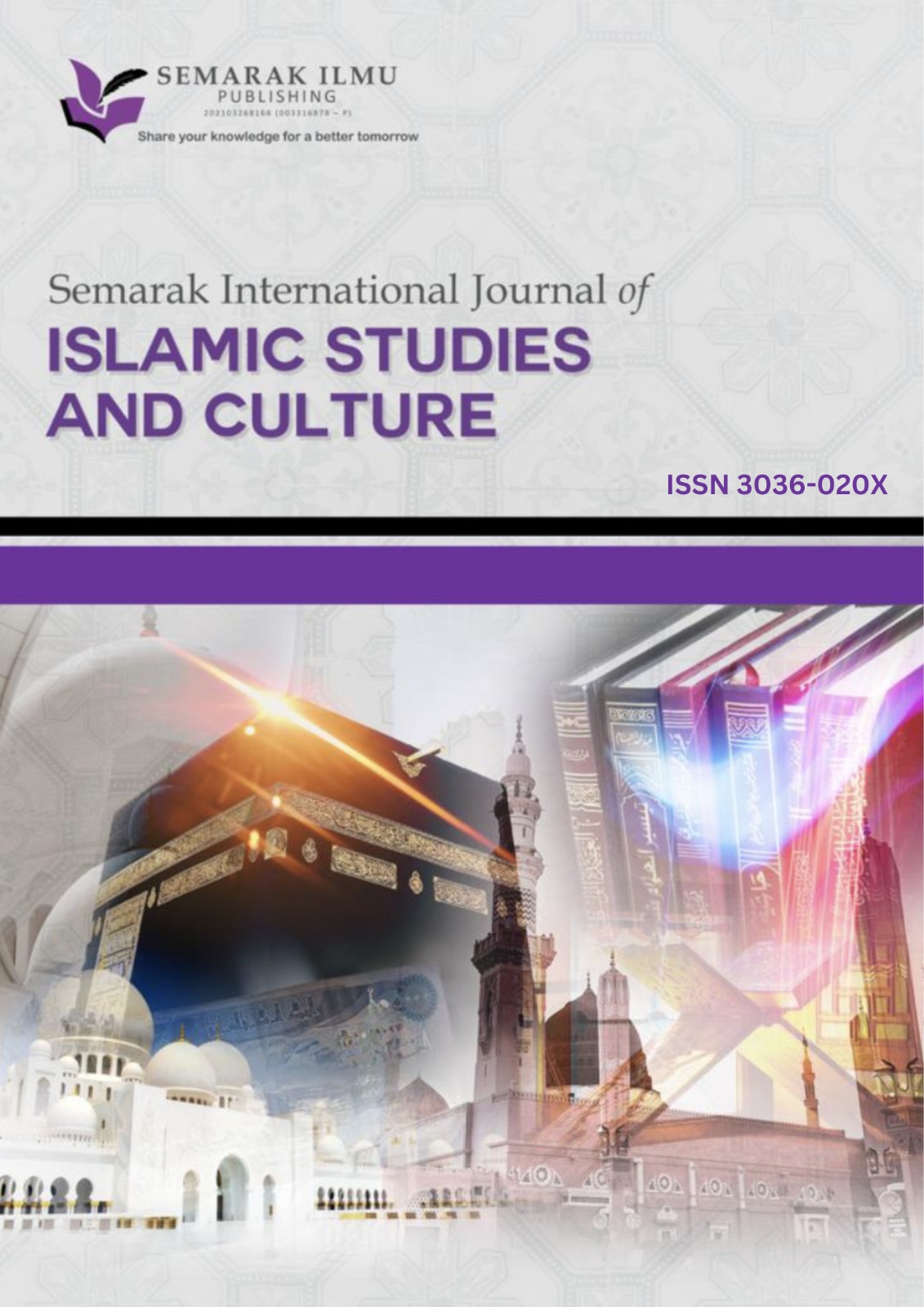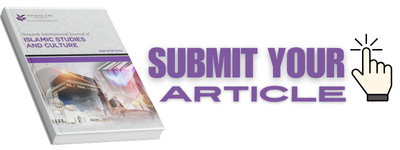Using the Unified Theory of Acceptance and Use of Technology Model to Assess the Behaviour of Muslims on Facebook
DOI:
https://doi.org/10.37934/sijisc.6.1.2130Keywords:
UTAUT mode, facebook, social media, Muslim, user behaviorAbstract
The use of social media in the modern world has changed the behaviour and daily social interactions of Muslims. To avoid becoming excessive users of social media, Muslims in Islam are required to acquire knowledge from the Qur'an and the Hadith, which are reliable sources of information. Muslim society has the highest standard of behaviour due to its balanced approach to social relations. People communicate with their friends and others through Facebook by taking three actions: Liking, commenting, and sharing. In this quantitative study, a 14-question survey was distributed across social media. Purposive sampling was used to reach 385 respondents in the Klang Valley for the study. In this study, the Unified Theory of Acceptance and Use of Technology (UTAUT) model is used to determine whether performance expectancy, effort expectancy, social influence, and behavioural intention influence Muslims' Facebook behaviour. Gender, age, and experience are used as moderator variables in this research. The results show that achievement expectancy (PE) and social influence (SI) influence Facebook behaviour of Muslims. The result shows that a small group of respondents agreed that they are involved in bullying, harassment, or personal things on Facebook, post negative comments and play a game on Facebook. In addition, it was found that there are respondents who disagree that they should behave decently when using Facebook, strengthen relationships with others and be careful about who they add as friends on Facebook. In addition, age is strongly correlated with performance expectancy (PE) and effort expectancy (EE), but inversely correlated with experience and gender. Future research will be more interesting if it includes different social media platforms and uses a 10-point Likert scale to obtain more complex opinions and perceptions to address these issues. Future research is expected to develop a new social media platform for Muslims with a Muslim-centric user interface design (MCUID). The concept of Islamic values in MCUID could be used to develop a social media platform that could help Muslims practise good manners in their daily use of online interactions.










